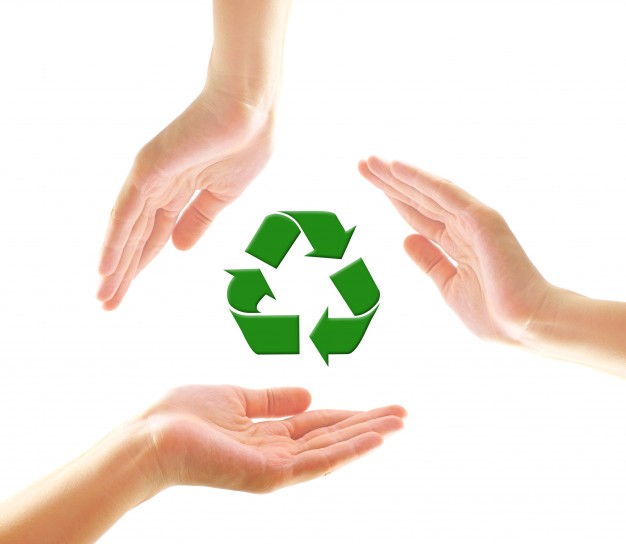Buying Habits are Changing and Recycling Challenges are on the rise in Canada
 As recycling has become increasingly less expensive and buying habits have changed, in the last two decades, Canada now faces some new challenges that it did not have before. Technologies have either been changed or invented, the country’s demographics have changed, new lifestyle trends have emerged, and demands for convenience are at an all-time high. As important as recycling should be to our culture, unfortunately, it becomes too much work for some – and that’s not a thought entirely unfounded or inaccurate either.
As recycling has become increasingly less expensive and buying habits have changed, in the last two decades, Canada now faces some new challenges that it did not have before. Technologies have either been changed or invented, the country’s demographics have changed, new lifestyle trends have emerged, and demands for convenience are at an all-time high. As important as recycling should be to our culture, unfortunately, it becomes too much work for some – and that’s not a thought entirely unfounded or inaccurate either.
Ask most Canadians and they will tell you that recycling is not easy. At times, even the brochures that municipal waste collection and garbage removal companies contains confusing and inconvenient information. Even though most Canadians want to reduce their carbon footprint and contribute to a more environmentally-sustainable country, the recycling system is uneven. Every municipality tends to do things a little bit different, creating challenges and misinformation about what is accepted as recycling and what is not.
The way to address these recycling challenges is by addressing the confusion head-on. Identifying a province-wide guide on what is recyclable and what is not would be a great first step. Then, as a waste management and recycling company, we would recommend more effort to educate the general populace on the details of what is recyclable. As an example, there are many different types of plastics and only some of them are recyclable. This creates a very confusing system wherein recyclable products get tossed out and/or recycling bins end up contaminated by products that do not belong there.
Thinking back to decades ago, recycling bins were not filled with half the things they are filled with today. It used to be all about newspapers and glass, and that was essentially recycling in Canada for a very long time. Those things were easier and less expensive to recycle than other materials, and there was a market for them. Since the 1990s however, more Canadians are going to the web for news reducing newspaper consumption across the country. In addition, more Canadians are shopping online, receiving unrecyclable packaging like Styrofoam. Multi-person households are also commonly using takeout, further increasing the waste consumption per household.
Evidently, convenience has had both a positive and negative impact on recycling. Conventional recycling systems have had to adapt and fortunately, they still are. New recycling markets are opening up almost every year, allowing us to recycle and reuse materials that we could not otherwise do at reasonable cost.
As recycling has been made that much easier though, convenience has at times been very difficult to handle. In particular, convenience packaging uses some of the most unrecyclable products and that is something that is going to need to change in the decades to come. As important as it is for individual consumers to make changes, it is even moreso important that governments, regulatory bodies, and corporations take those steps to make this a more eco-friendly Canada.
Lifestyle habits, convenience packaging, and technology needs aside, Core Mini Bins is proud to be among the collection of Toronto companies committed to effective waste management and recycling. For more information on the recycling opportunities that may exist on your residential or commercial property, contact Core Mini Bins today to speak with a representative.


